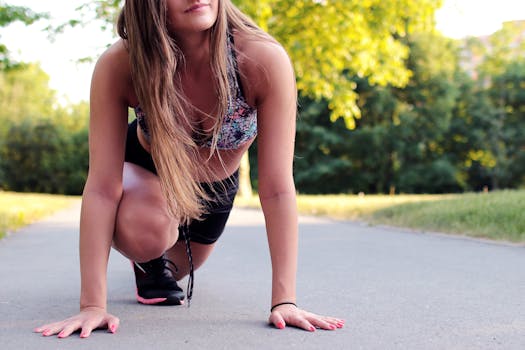
Introduction
Running is a timeless form of exercise enjoyed by people of all ages. However, as we grow older, our bodies inevitably undergo changes that impact our performance and experience as runners. Understanding what shifts occur with aging can help us adapt our running routines to stay healthy, motivated, and injury-free.
Physical Changes Affecting Runners
- Decreased Muscle Mass: From around age 30, we gradually start to lose muscle mass and strength, which can affect running power and speed.
- Reduced Flexibility: Tendons and ligaments become less elastic, making us more susceptible to strains and decreasing overall flexibility.
- Lower Bone Density: Aging leads to reduced bone density, which increases the risk of fractures and other injuries.
- Cardiovascular Decline: VO2 max, the body’s ability to use oxygen efficiently, slowly decreases with age, affecting endurance and performance.
Performance Adjustments
Most runners notice their times gradually get slower with age. Recovery also takes longer, and more attention must be paid to warm-up, cool-down, and cross-training. However, consistency often becomes a runner’s strongest asset, and experience can compensate for some physical decline.
Injury Prevention Strategies
- Incorporate strength training to maintain muscle mass.
- Focus on flexibility through stretching or yoga.
- Prioritize rest and recovery.
- Switch to lower-impact activities if necessary, such as swimming or cycling.
- Listen to your body and address niggles before they progress into injuries.
Benefits of Running as You Age
Running can help slow the effects of aging by maintaining cardiovascular health, boosting mood, and supporting a healthy weight. It also fosters community and motivation, vital elements for overall well-being.
Conclusion
While aging brings inevitable changes, running remains a highly beneficial activity. By making smart adaptations, older runners can continue to enjoy the sport, improve quality of life, and inspire others through their perseverance and enthusiasm.
Comments
Post a Comment